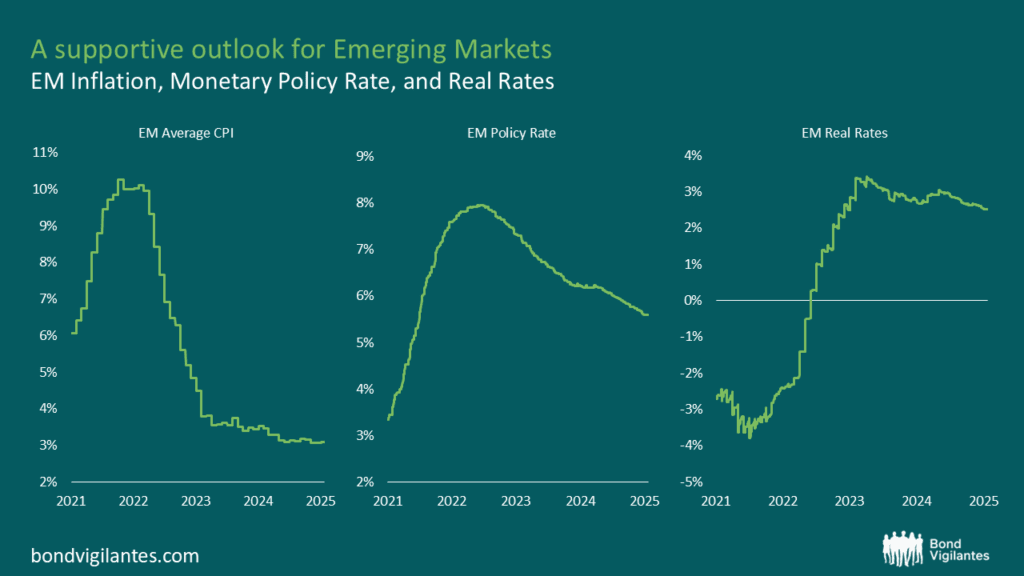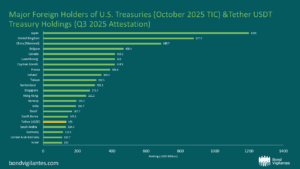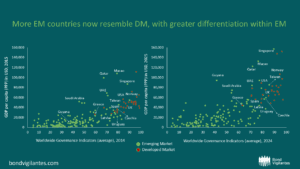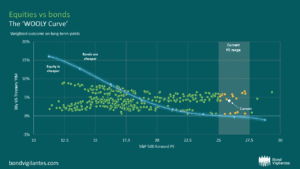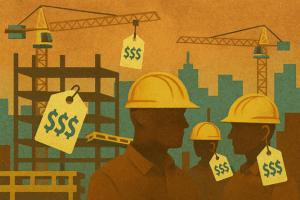Stablecoins: A quiet revolution in finance
By Robert Burrows - 23 January 2026
With geopolitics taking centre stage, the seismic tremors of Stablecoin activity go largely unnoticed. Stablecoins sit at a fascinating intersection of finance and technology. They promise the speed and programmability of cryptocurrencies with the price stability of traditional money. What began as a niche settlement tool for crypto markets is now being discussed as a parallel monetary system—with profound implications for banks, credit creation, and financial stability. What are stablecoins? Stablecoins are digital tokens designed to maintain a stable value, usually pegged to a fiat…






